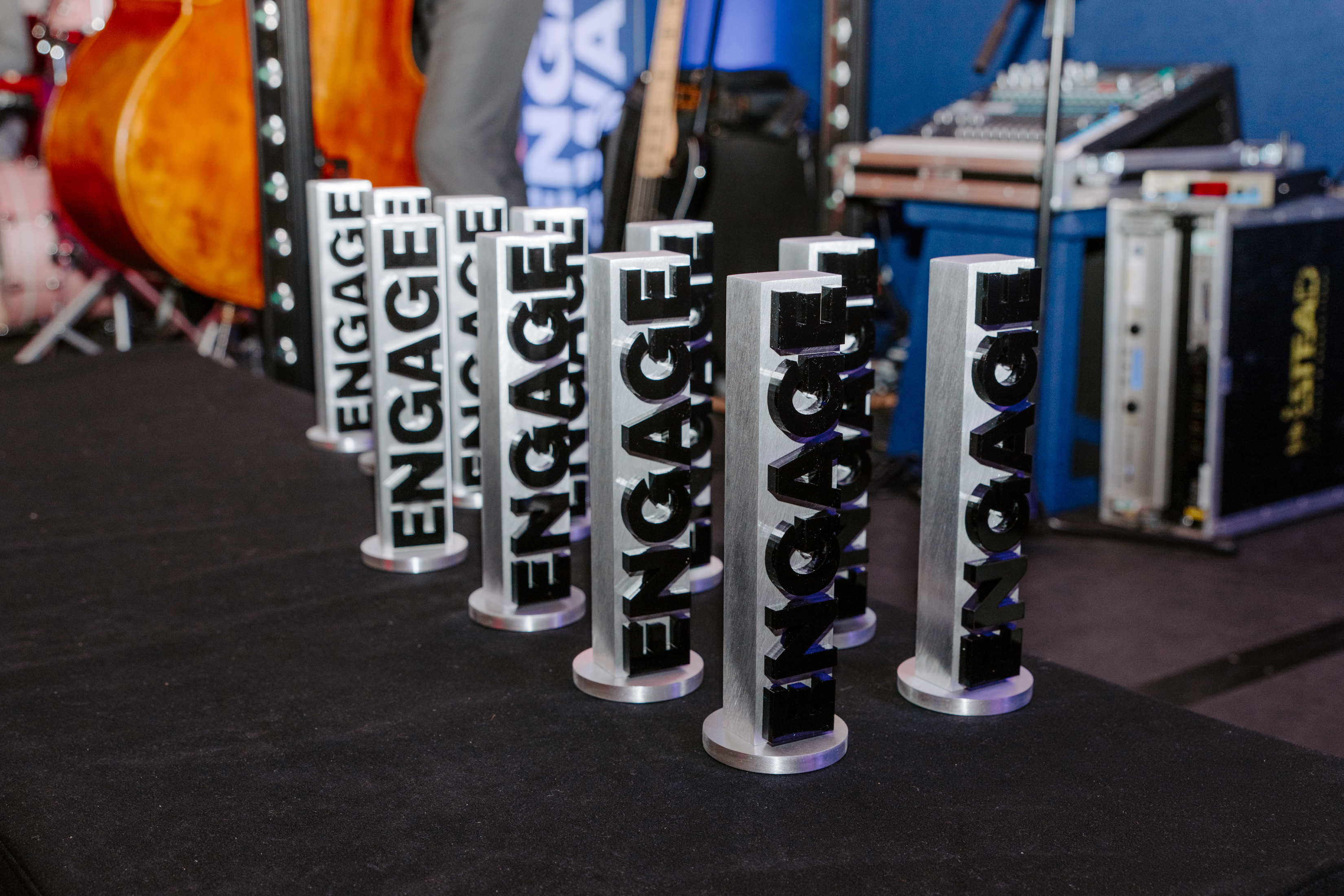AI – Hype or Hope?

By Adam Brown, Head of Channel Sales at Samsung
Unless you’ve not been paying attention in the last few months, it’s fair to say the hype about AI (Artificial Intelligence) has started to bubble up into everyday conversation, like this slightly startling headline from a BBC article referencing a Goldman Sachs report, which claims that “Artificial intelligence (AI) could replace the equivalent of 300 million full-time jobs”.
Whilst AI as a concept and as a practical entity has existed for some time, it is generative AI and Large Language Models (LLM) that have really hit the recent headlines. OpenAI and their models ChatGPT (words!) and DALL-E (pictures!) have burst out of the tech enthusiast community and into mainstream consciousness, seemingly overnight.
Nevertheless, whilst it's clearly important to stay informed about emerging technologies like these, and whilst there's no doubt that AI has enormous potential, in this age of misinformation it's important to cut through the hype and understand what AI can realistically achieve in the short and long term. In other words, as someone in a commercial sales role like I am, should I be worried or excited, or both?
One of the biggest misconceptions that the mainstream press seem to love when discussing AI is the imminent replacement of entire human industries and job roles. For anyone in sales, whilst it's true that AI has the potential to automate some of the more repetitive and mundane tasks that we perform, such as lead scoring and data analysis, AI is not going to replace anytime soon, the human touch that's essential in sales. Building relationships, understanding complex customer needs and providing personalised solutions are all critical components of sales, and they require human skills that AI simply cannot replicate yet. LLMs are simply not trained on our niches – we all have our own industry and business acronyms, language and ‘ways of working’ nuances. LLMs will usually offer up generic sounding answers to questions because they are trained on a large set of generic information. For now, the specific deep knowledge of your products and your customers remain your competitive advantage.
In addition, there have been some pretty high-profile stumbles which have been made with public implementations of AI. For example, Twitter's attempt to use AI to recommend accounts to follow didn't go so well. The algorithm ended up recommending accounts that were offensive or spammy, leading to a backlash from users. Similarly, Google's foray into AI-powered recruiting hit a snag when it was discovered that the algorithm was biased against women and minorities. These are cautionary tales that highlight the need for both wariness and human intervention on standby when implementing AI in any industry, including sales.
That being said, there are already some areas where AI is making a more positive impact on sales and the bottom line. We’ve all probably experienced AI-powered chatbots which are now routinely being deployed to provide instant customer service and support. By automating simple queries and directing more complex ones to a human, chatbots are able to provide a better customer experience while freeing up the more highly trained (and expensive!) humans to focus on dealing with the more strategic and complex tasks.
Another area where AI is making a difference is in lead scoring and predictive analytics. By analysing vast amounts of data, AI can help sales teams identify which leads are most likely to convert and which ones are unlikely to make a purchase. This can help sales teams focus their efforts on the most promising leads, improving conversion rates and driving revenue growth. Microsoft’s announcement of their integration of LLMs into M365 with Copilot is pretty jaw dropping when you see it in action – in their words, it allows you to “Identify trends, create powerful visualisations, or ask for recommendations to drive different outcomes”.
So, what does all this mean for us, in the here and now? There’s no doubt that whilst there’s an awful lot of hot air and hype around right now, and that AI may not be the immediate silver bullet that some are claiming, it's set to become an incredibly powerful tool that can help humans work more efficiently and effectively. If you’re not integrating AI into your daily workflow today, it’s a matter of when not if.
However, for now, it's important to approach this burst of availability of new AI tools with caution – like any tools, in the right (trained) hands they can make you faster, better, stronger. Equally they could give you a false sense of confidence or worse, make you blend into the generic background noise. For now, keep your human quirks and mistakes and laud them for what they are – your competitive advantage in a world where increasingly that humanity is a less valued commodity.
The views and opinions in this article are the author’s and may not reflect those of the business they work for.


